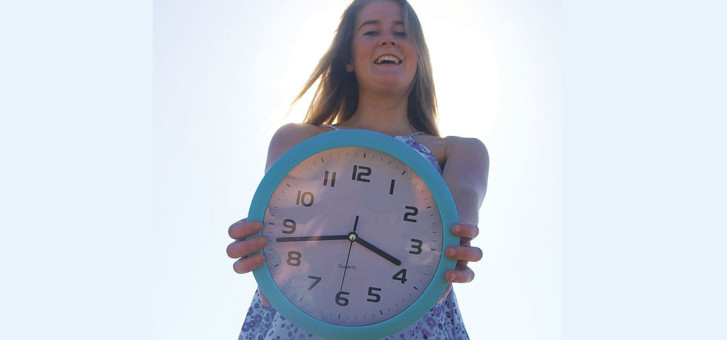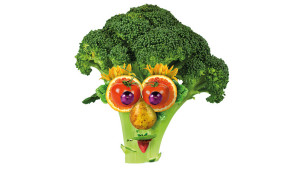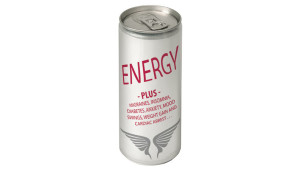I
bumped into a friend the other day and we had one of those “what’s happened in the last 10 years” conversations. She mentioned she was doing some work at a local charity centre twice a week, which I thought was pretty cool. Then something she said really shocked me. I asked the question of whether she finds it difficult volunteering twice a week along with working and raising a family. She responded with, “Oh no, I get paid for it. Nobody volunteers anymore, it’s a waste of time.”
This conversation was one of those moments that, for me, slightly changed how I see the world. As Christians, volunteering is a huge part of what we do. It’s almost a given that as a Christian you’ve done something for someone at some point in time, without receiving anything in return. We don’t tend to see volunteering as an inconvenience because we have experienced that strange gratification that comes from giving of ourselves to help others. So what about the people who haven’t experienced that feeling? Doing something for nothing might sound a little crazy, but is it really a waste of time?
People will quite often tell you that your parents are usually right. Well, mine are always right. Except for that one time they told my sister and I that the fish wouldn’t eat our baby toes, then left us for dead in the rock pool. Ever since then though, they’ve been pretty much on the money. When I hit a wall during study or stress myself out at work, usually the advice they give me is to have a break and come back later, which I can safely say works every time. Mental health plays a massive role in our wellbeing, and the power of the mind is something we widely underestimate. When you come to a halt, it’s your brain’s way of telling you to step back, refocus and try again later.
Life is hard—nobody will tell you otherwise. But it’s harder when we’re not in the right headspace. When we are healthy, happy and free from worry we are able to live life to the fullest. But when depression, anxiety and stressors hit, it can change everything. To give ourselves a fighting chance, we need to do all we can to create a healthy mindset and continue radiating positivity through the heavy times.
A recent study conducted by the University of Exeter Medical School (United Kingdom) discovered that regular acts of service produced a 22 per cent reduction in the risk of death, and promoted almost double the health benefits of individuals who did not volunteer. This was put down to the chemical release of dopamine, oxytocin, serotonin and endorphins by the body when doing something rewarding. These happy hormones are the same hormones that are released through smiling, exercise and the consumption of chocolate (you’re welcome), and are basically the body’s way of saying thank you. But the most interesting part about this study, was that the health benefits of volunteering only seemed to apply to those volunteering for the sole purpose of helping others. Those who were volunteering for their own personal gain were seen to have no significant health improvements. So if you volunteer to benefit yourself, you won’t—if you know what I mean.
In terms of statistics, Australia is close to the lead with 36 per cent of Aussies regularly giving back to others. We also come in at equal second on the life expectancy chart, which is a pretty high achievement considering we are compared with more than 200 other countries. In a nutshell, the simple act of volunteering has been proven to add five to 10 years to the average person’s lifespan. That’s fairly worth it for an hour or two right now!
A healthy mind is just as important as a healthy body, and there is no better way to boost both than doing something nice for someone else. Good works never go unnoticed by our Creator, and giving a little bit of your time now will be abundantly rewarded when the time comes. So if anyone ever suggests to you that volunteering is a waste of time, you could have an extra 10 years to ponder how misinformed they were.
Ellesha Knight lives in Melbourne, Victoria, and is studying a Masters of Occupational Therapy at La Trobe University.






